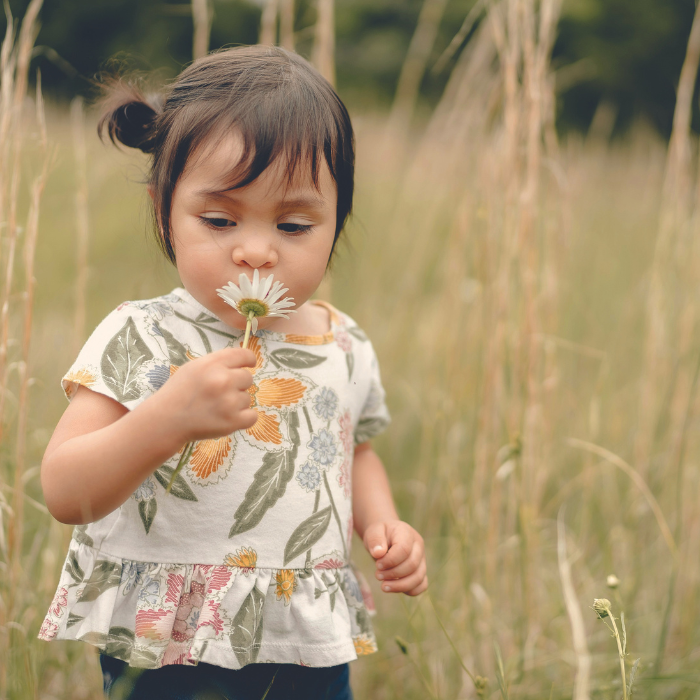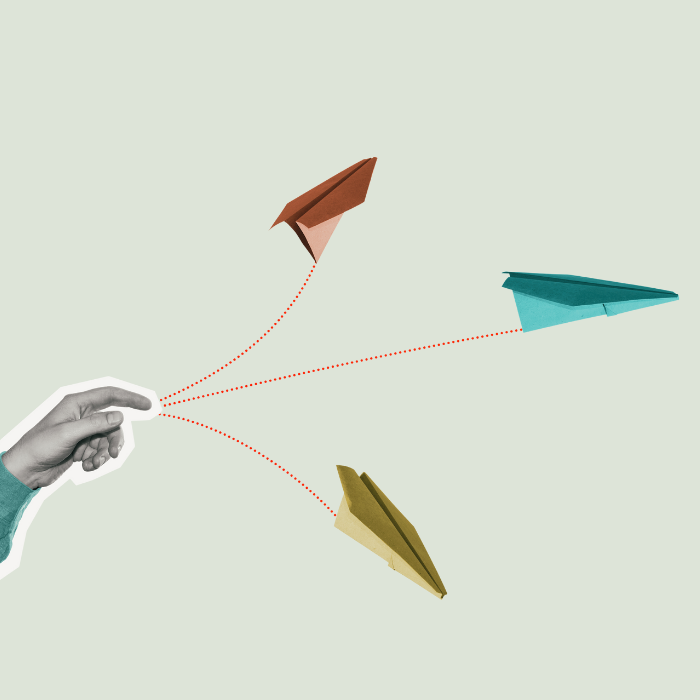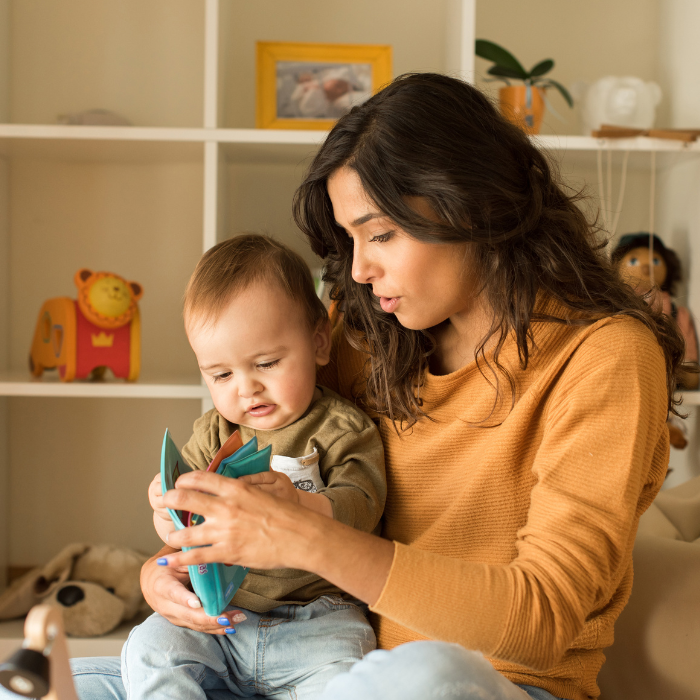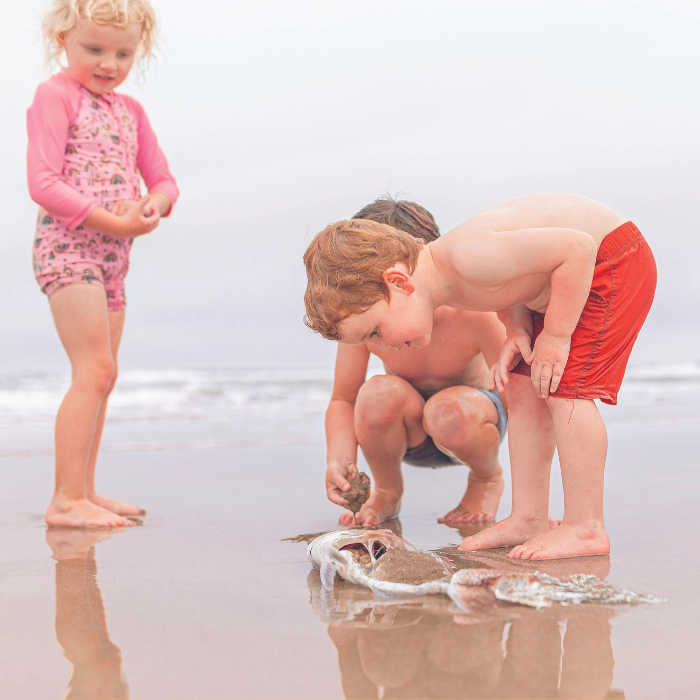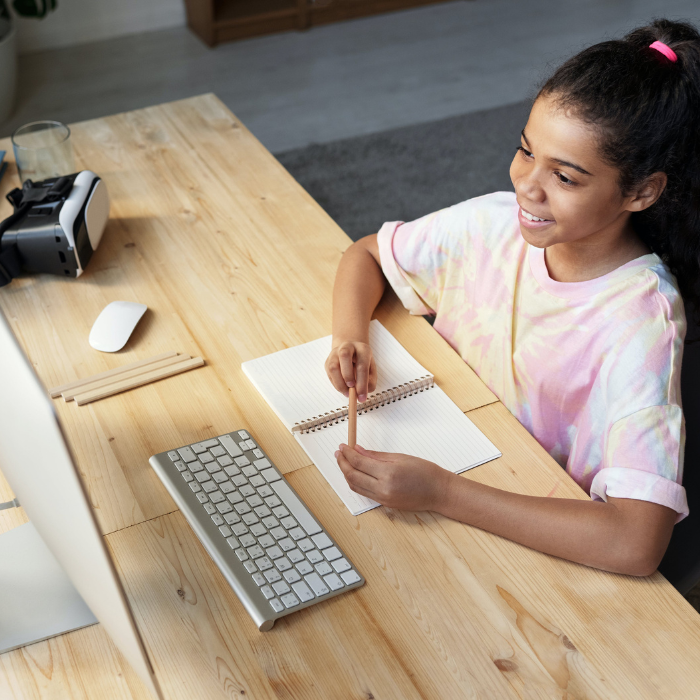
In a world where creative solutions and new ideas are urgently needed, could wonder be an essential skill to foster in our children?
dangerous wonder
In a time where rushing is normal, taking a break to do some wondering is a low priority, but what would it be like if we didn’t wonder? If we didn’t ask, “I wonder if I could do this better?” If earlier people had never wondered, “What will happen if I heat these? Build this? Make this?”.
Wondering changes things. It looks outside the limits. Inventors and philosophers spend hours thinking, asking why? why not? what if? And they come up with new, different, often better, ideas and solutions. Our modern homes, our washing machines, ovens, dishwashers (thank goodness!) are the result of someone wondering. It’s the creative way our brains are meant to be used.
But it takes time. It can look like play, or writing, day dreaming, or worse – doing nothing! To do nothing in our society isn’t a popular practise, but in ancient times, people valued this downtime where they could contemplate and be imaginative. If we did that too often today, we’d be called unproductive and lazy! We live in a consumer society, so does that mean we are so busy consuming things, ideas, information, knowledge, television, etc, that we have no time to wonder? No time to think? Are we content waiting for someone else to show us new things on a TV show, pointing out why we should be amazed?
wonder hunters
Little people do their own wonder-searching. The world is a fabulous, brand new experience, but sometimes as we grow, we lose the ability to be surprised. We lose the ability to find the new and wonderful. I’ve seen it in the classroom: for some children the world becomes everyday, ho-hum, seen it on YouTube… b-o-r-i-n-g! One child will walk through a bug garden and gasp at the shiny patterns on the beetles, wide-eyed with wonder. Another will shrug and roll their eyes.
According to the Habits of Mind organisation (based on research of the habits of successful people), we need two things to be able to be find wonder: knowledge, and points of comparison. The more we know about bugs therefore, the more questions we ask, books we read, interest we show, then the more interesting bugs will be to us. Children who have bug knowledge can tell what is different, unique and wonderful about new ones that they discover. Think also of how passionate some experts are about their chosen field. They know so much about it that they get really excited when something new comes along! Wonder is in the details.
Try it: look at art books with your children. Discuss what is different in the pictures. What does your child like? Not like? Try some different styles of art yourselves. Then visit a gallery and send them on a hunt to find a piece of art that has something special, something that makes them say, Wow!
school ready
It makes sense that the better prepared a child is before school, the better they will do. Doesn’t it? But what is better prepared? Researchers at the American Academy of Pediatrics say free-play is what children (and youth) need, and often don’t get enough of. The right of children to play has even been made into law by the United Nations High Commission for Human Rights. It’s that important to child development!
Okay, but what about reading? Maths? Writing? Well, children learn a surprising amount about all of these things through their play. When they are curious about the world: they learn. When they stack blocks and see how high they can get, or pour water from one container to another, they are learning science. When they make a pattern of beads on a necklace, or give their dolls a tea-party, they are learning maths skills. When they snuggle up for a story, they are learning to read. When they try out their own crazy theories and frustratingly ask: why, why, why? over and over again, they are really saying “I’m wondering”. Kids that can think, kids that can play, are well on their way to being well prepared for school.
ideas to let your minds wander
Get your children to lie on the grass and close their eyes. Tell them you’re going to go for a wander about in a strange world where they are the size of ants. Decribe the big trees and huge colourful birds (or something similar) and then say “I wonder what we’ll see next?” See what they come up with.
Try some home philosophy with a game of “Why and What if”. What if we lived upside down? Can you try and think of absolutely nothing? What if we had no electricity? It can be serious: “Why do some people lie?”, or super silly (to encourage really creative thinking): “What if houses were made from jelly?”
There are many philosophy resources available online, and a range of books for parents, such as ‘A Sneetch is a Sneetch and Other Philosophical Discoveries: Finding Wisdom in Children’s Literature’ by Thomas Wartenberg, which provides parents with a practical starting point for discussing philosophical issues with their children.
nature: the perfect wonder experience
Whether it’s exploring the backyard, a local beach, or staring into outer space, natural environments are perfect for searching out the new and surprising.
Go for a walk in the bush and experience the wonder of nature. Little children are great at slowing us fast-paced adults down. (Older kids on the other hand may need to be slowed down!) Dawdle along pointing out amazing leaf patterns, strange details on a tiny insect, the wonder-fulness of a sunset.
Show older children some of the images on the Nasa site (www.nasa.govt). There are plenty of pictures that will have you all wondering at the strangeness and beauty of our universe.
Take micro photos (the closest your camera will allow) at your own house, inside and out. Show them to the children and see if they can find them.
By Kelly Eden-Calcott



